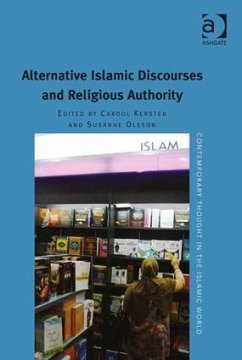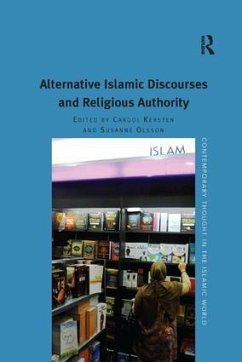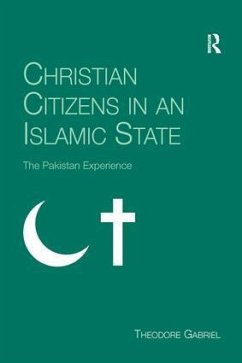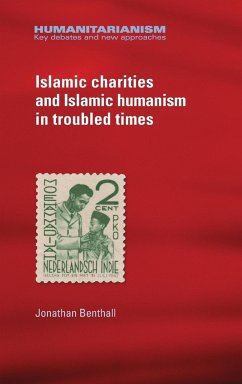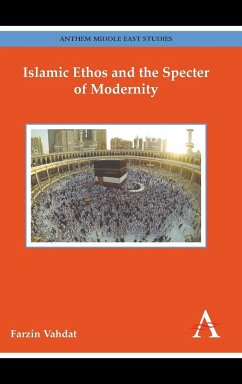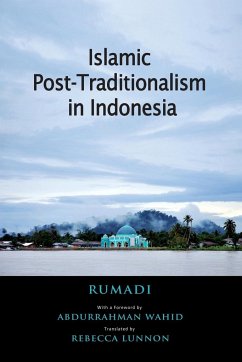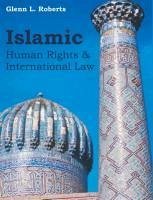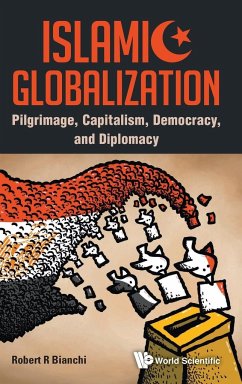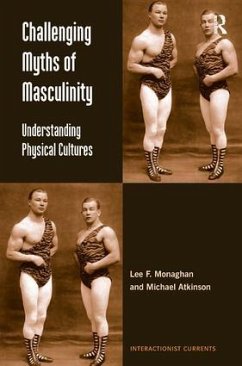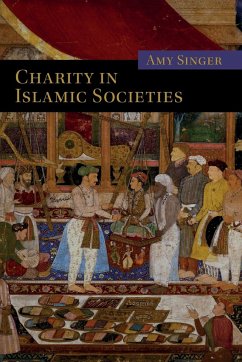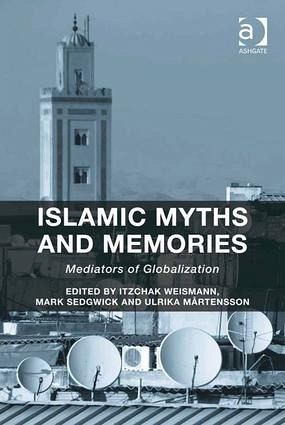
Islamic Myths and Memories
Mediators of Globalization
Herausgeber: Weismann, Itzchak; Mårtensson, Ulrika; Sedgwick, Mark
Versandkostenfrei!
Versandfertig in 1-2 Wochen
110,99 €
inkl. MwSt.
Weitere Ausgaben:

PAYBACK Punkte
55 °P sammeln!
Islamic myths and collective memory are very much alive in today's localized struggles for identity, and are deployed in the ongoing construction of worldwide cultural networks. This book brings the theoretical perspectives of myth-making and collective memory to the study of Islam and globalization and to the study of the place of the mass media in the contemporary Islamic resurgence. It explores the annulment of spatial and temporal distance by globalization and by the communications revolution underlying it, and how this has affected the cherished myths and memories of the Muslim community....
Islamic myths and collective memory are very much alive in today's localized struggles for identity, and are deployed in the ongoing construction of worldwide cultural networks. This book brings the theoretical perspectives of myth-making and collective memory to the study of Islam and globalization and to the study of the place of the mass media in the contemporary Islamic resurgence. It explores the annulment of spatial and temporal distance by globalization and by the communications revolution underlying it, and how this has affected the cherished myths and memories of the Muslim community. It shows how contemporary Islamic thinkers and movements respond to the challenges of globalization by preserving, reviving, reshaping, or transforming myths and memories.




